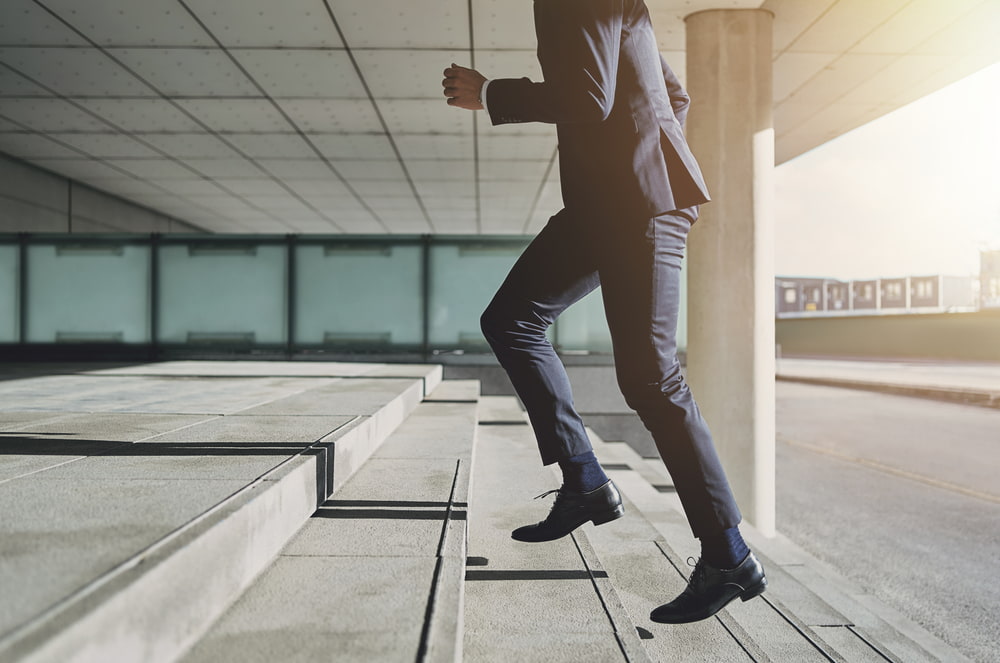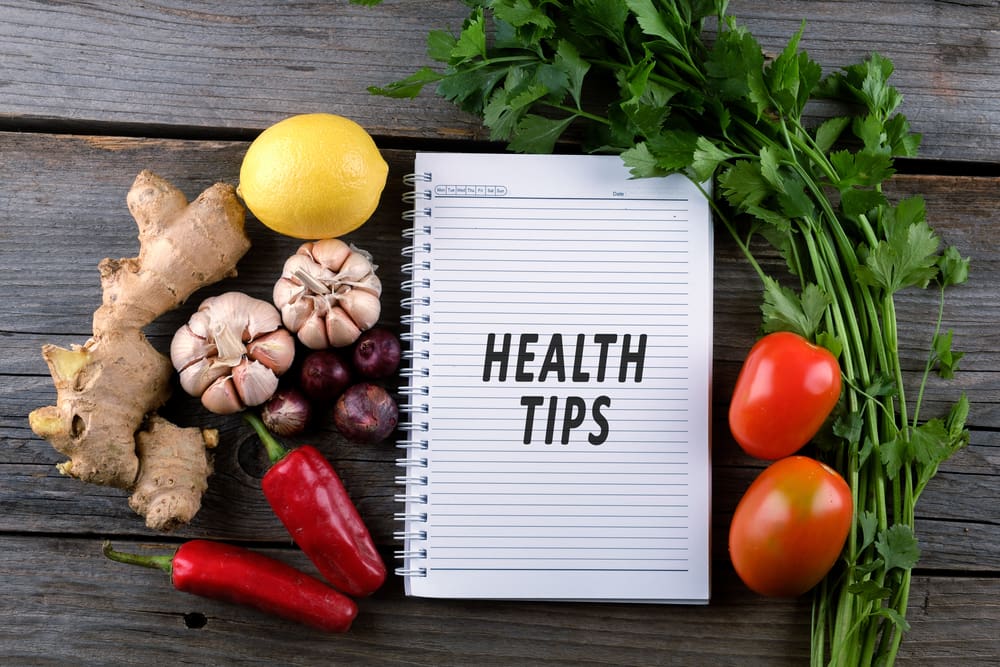9 disadvantages of excess caffeine


When I was little, my mother used to tell me a story about a man who was a strange tea drinker. One day, he went out for a train ride. While travelling on the train, he suddenly remembered to have tea, but there was no tea on the train. The man went crazy when he couldn’t get any tea. The passengers with him looked at him in surprise. When the man couldn’t get any tea, he finally chewed the raw tea leaves and poured hot water into his mouth. That would be a story. Many people drink tea and coffee several times a day, not realizing the disadvantages of excess caffeine that can harm their health.
However, there are many of us whose brains don’t work without drinking tea and coffee several times a day. But this habit can lead to serious health risks due to the disadvantages of excess caffeine, which we often ignore. These drinks contain caffeine — a powerful stimulant. While some caffeine may boost alertness, the disadvantages of excess caffeine are often overlooked. Let’s explore some major disadvantages of excess caffeine you should be aware of. To stay healthy, it’s important to enjoy caffeine in moderation and avoid the disadvantages of excess caffeine that come with overconsumption. “Research shows that over 400 mg of caffeine daily may cause health issues (Mayo Clinic).”
Caffeine and Anxiety: A Disadvantage of Excess Caffeine
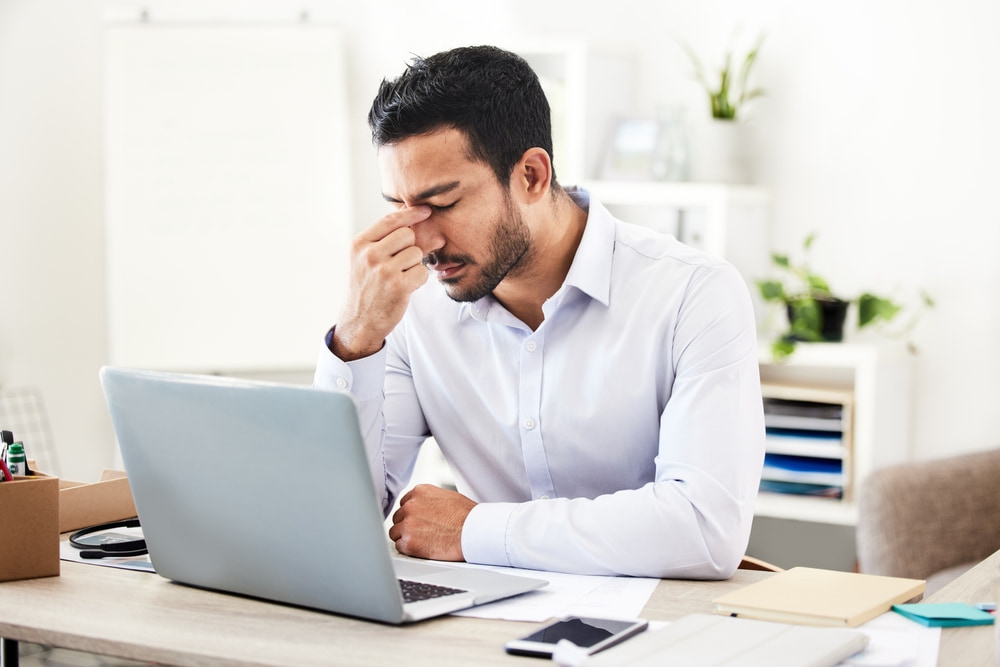

In this short life of ours, we often have various worries. And most of the time, we eat caffeine-like foods to remove this worry. Caffeine generally increases our body’s activity. As a result, our body becomes alert. Caffeine blocks the fatigue factor adenosine in our body, simultaneously expanding the adrenaline hormone and bringing energy to the body. However, one problem is that if the dose of this caffeine is high, it increases the activity of our body’s hormones and turns into anxiety and nervousness. Sensitive people may be at risk of panic attacks if they consume 1,000 milligrams or more of caffeine per day.
Caffeine and Insomnia: One of the Top Disadvantages


One of the reasons for drinking tea and coffee is to relieve insomnia. The caffeine in this tea and coffee keeps people awake. The feeling of sleepiness is removed, which makes us feel more comfortable working. However, excess caffeine is one of the reasons for our insomnia. Studies show that excessive caffeine intake does not lead to complete sleep. It also takes a long time to fall asleep. So, if you want to avoid the problem of insomnia, keep an eye on the amount and when you are drinking it before drinking tea and coffee.
Digestive Issues: How Excess Caffeine Affects Your Gut


One of the habits of most of us is to drink tea and coffee on an empty stomach in the morning. Without drinking it, our day does not go well. But we do not realize how much damage we do to the body due to this habit. The habit of drinking tea and coffee on an empty stomach in the morning often causes gastric problems. Many people may blame caffeine for this and habitually drink decaffeinated coffee. However, decaffeinated coffee can also cause gastric problems. Apart from this, many people may even have diarrhoea due to drinking too much coffee in the morning.
Muscle Damage Risks from Too Much Caffeine


Excessive caffeine intake can cause the body’s muscle fibers to break down little by little and mix with the blood. In medical terms, this is called rhabdomyolysis. Trauma, infection, muscle strain, drug use, and bite of something poisonous can cause rhabdomyolysis. However, the chances of this happening due to caffeine intake are very low, but it can occur in many cases, especially if someone becomes addicted to excessive tea and coffee.
Caffeine Addiction: A Long-Term Disadvantage
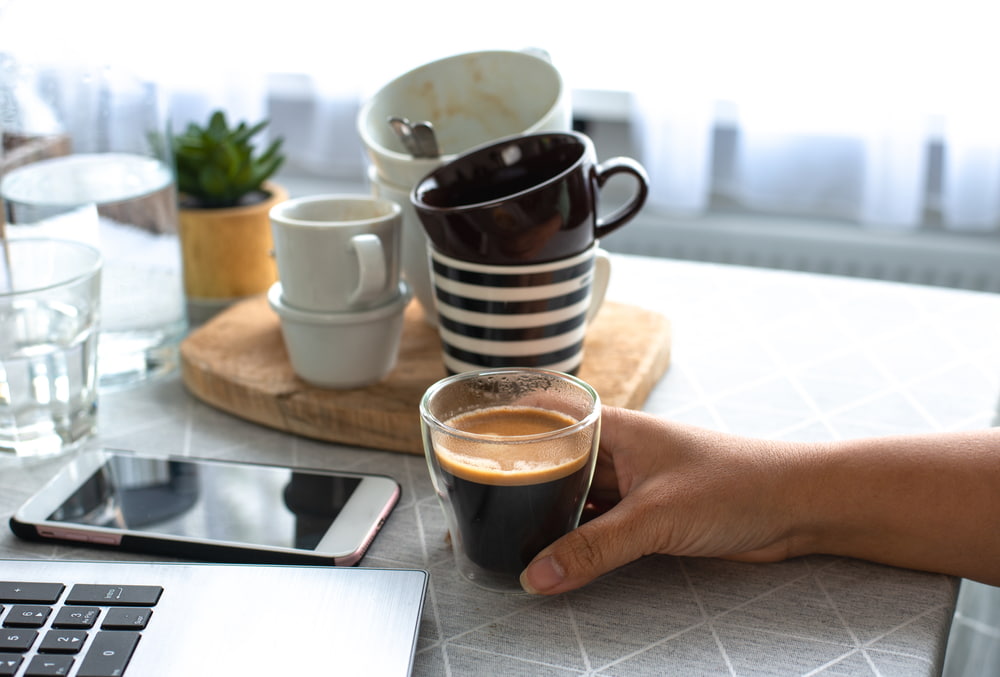

Drinking excess tea and coffee often becomes addictive. Studies have shown that excess caffeine acts on our brain much like cocaine or amphetamine drugs. However, this addiction is different for each person, depending on their mental and physical condition. Caffeine addiction is not as severe or life-threatening as drugs, but people addicted to excessive caffeine can do strange things.
Blood Pressure Problems: A Disadvantage of Excess Caffeine
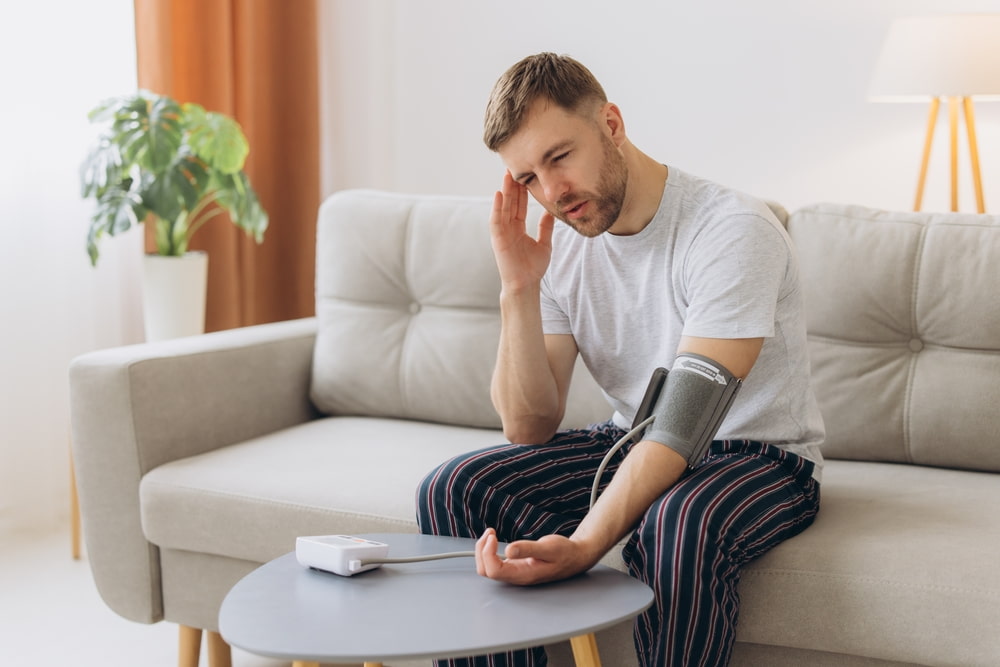

High blood pressure has become one of the most common diseases. High blood pressure is one of the causes of heart disease and stroke. Caffeine does not directly play a role in heart disease or stroke. However, its stimulating effect increases blood pressure in the veins and arteries. High blood pressure disrupts the orderly movement of blood, obstructing blood flow to the heart and brain and creating situations like heart attack or stroke. Usually, those who cannot tolerate caffeine in their blood pressure should understand their blood pressure before consuming it in excess. They should drink tea and coffee with an understanding of the amount and time.
Caffeine and Irregular Heartbeat: What You Need to Know


Excess caffeine (due to its stimulating effect) can increase heart rate. Young people who drink energy drinks containing excess caffeine are usually more likely to experience alternating fluctuations in heart rate. So, if your heart rate seems different than normal, you should reduce your caffeine intake.
Fatigue After Caffeine: Why Overuse Makes You Tired


We drink tea and coffee to relieve our fatigue. We also drink it to increase energy. However, excessive caffeine intake can have the opposite effect. A study has shown that although caffeinated drinks boost mental energy, alertness, and mood for a few hours, they make our body more tired and sluggish for the next hour or day. So, drinking in small amounts without overdoing it is good for the body.
Frequent Urination from Caffeine: An Unexpected Side Effect


Caffeine not only increases the stimulation of our brain but also puts pressure on the urinary bladder. You will notice that many people run to the bathroom immediately after drinking tea and coffee.
Caffeine in low or tolerable doses is best for the body. So, if you want to get the benefits of caffeine in your favorite tea and coffee, you must take care of your physical condition and sleep.







